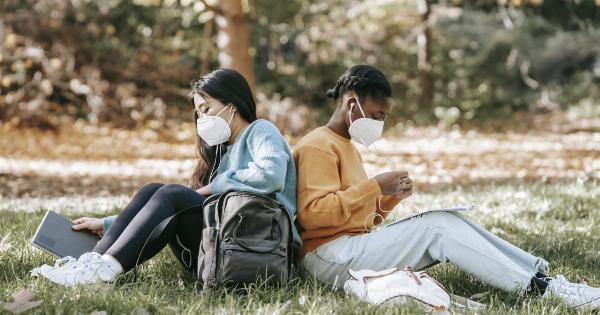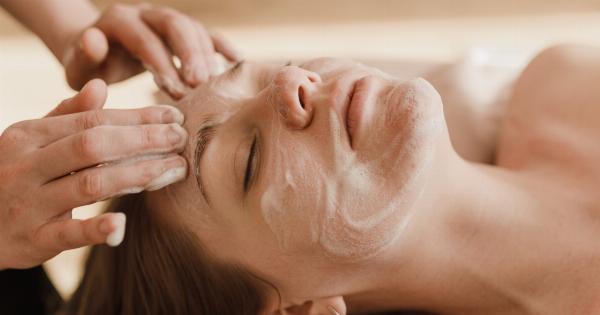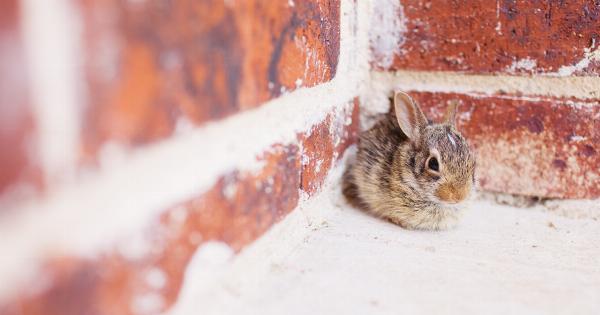External otitis, commonly known as swimmer’s ear, is an infection of the outer ear canal. This infection is commonly caused by water remaining in the ear canal after swimming, bathing, or showering.
In the summer, when most people spend more time near water, it’s essential to take precautions to prevent external otitis. Here are ten tips to keep in mind:.
1. Dry Your Ears Thoroughly After Swimming or Bathing
Before you leave the pool, ocean, or shower, make sure to remove all the water from your ears using a towel. A hairdryer on a low setting can also help.
If the water stays in the ear canal, it can create a moist environment that’s ideal for bacterial growth.
2. Avoid Swimming in Polluted Water
Swimming in contaminated water can increase your chances of getting external otitis. If you’re going to swim in a river, lake, or the ocean, check the water quality first. If the water is dirty or has a strong odor, don’t swim in it.
3. Use Earplugs
Earplugs can help keep water out of your ears. You can buy disposable earplugs from a pharmacy, or you can have custom-made earplugs from an audiologist. Make sure to insert them correctly to prevent any water from getting inside.
4. Avoid Putting Objects in Your Ears
Never insert objects like cotton swabs, pencils, or fingers inside your ears. These items can push earwax deeper into your ear canal, trap bacteria, or even puncture your eardrum. Instead, use a damp cloth to clean the outer part of your ear.
5. Wear a Swim Cap
If you’re swimming in a pool, a swim cap can keep your ears dry. Make sure to choose a tight-fitting swim cap that covers your ears fully. If your hair is long, tie it up in a bun or ponytail before putting on the swim cap.
6. Avoid Scratching Your Ears
Scratching the inside of your ear canal can irritate the skin and create small cuts that can become infected. If you feel itchy, use a clean cloth to gently rub the outside of your ear. Don’t use anything that can damage the skin.
7. Use Prescription Drops
If you’re prone to getting external otitis, your doctor may prescribe ear drops containing antibiotics or steroids. These drops can help prevent infections and reduce inflammation in the ear canal.
Make sure to follow your doctor’s instructions carefully.
8. Stay Hydrated
Drinking plenty of water can help prevent external otitis. When you’re dehydrated, your skin can become dry, and cracks can form in your ear canal, creating a favorable environment for bacteria to grow.
Drink at least eight glasses of water per day.
9. Take Breaks
If you’re swimming for a long time, take occasional breaks to let your ears dry out. Get out of the water and dry your ears thoroughly with a towel, or lie on your side for a few minutes to allow the water to drain out naturally.
10. Know the Symptoms
External otitis can cause pain, itching, discharge, and muffled hearing. If you experience any of these symptoms, see your doctor as soon as possible. Early treatment can help prevent complications and reduce the risk of hearing loss.





























